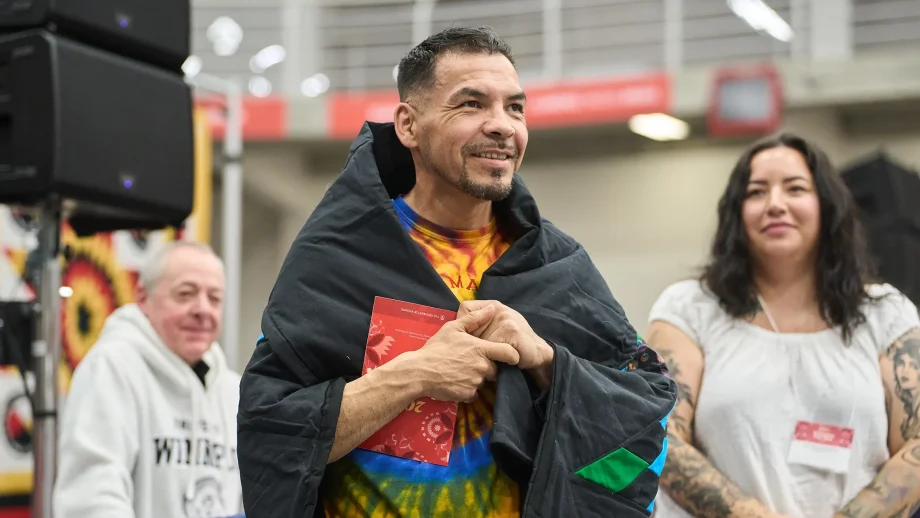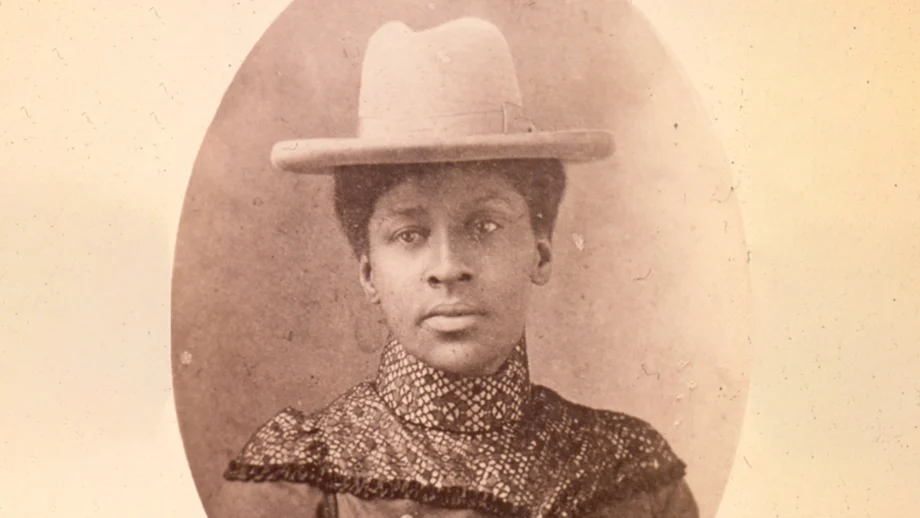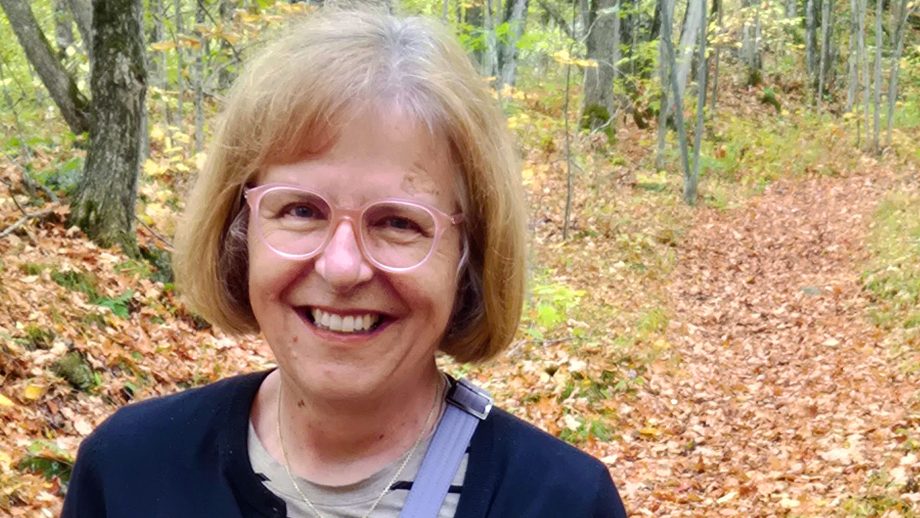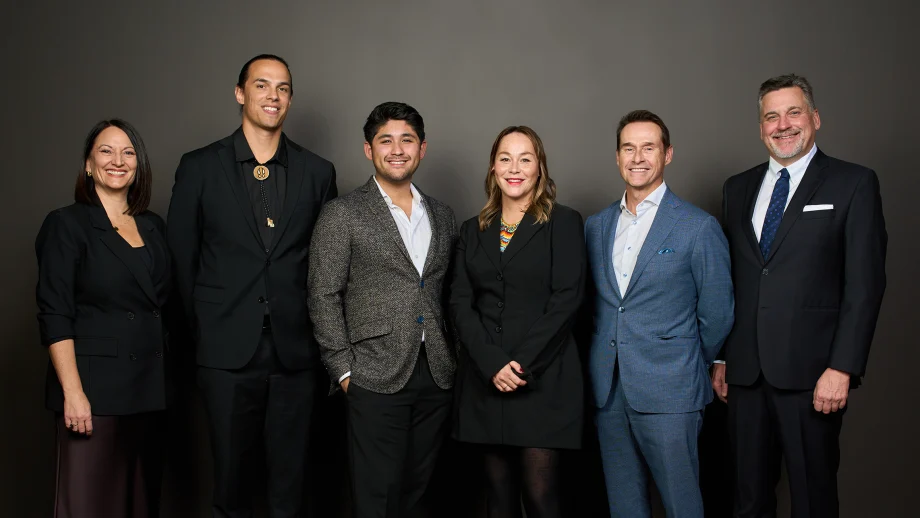WINNIPEG, MB – The University of Winnipeg’s Oral History Centre (OHC) has received a $500,000 grant from the Aboriginal Healing Foundation to document the intergenerational effects of the residential schools through a digital storytelling project. The focus will be on Aboriginal men. The research project, entitled “Children of Survivors: The Intergenerational Experiences of Residential Schools”, will be conducted in partnership with UWinnipeg’s Indigenous Studies Department, the Prairie Women’s Health Centre of Excellence, Ka Ni Kanichihk and Moon Voices.
“We are very grateful for this funding which will help promote intergenerational reconciliation of the residential school legacy and contribute to the national healing legacy,” explained Dr. Alexander Freund, Associate Professor of History, Co-director of the Oral History Centre (OHC).
“This project will help us further understand how the residential school legacy passes on between generations,” said Dr. Julie Pelletier, Chair and Associate Professor, Department of Indigenous Studies at UWinnipeg. “We need survivors to share their experiences, which will help the healing process and engage Canadians as we move together along the path of reconciliation.”
“Children of Survivors: The Intergenerational Experiences of Residential Schools” will build on a previous initiative by the Prairie Women’s Health Centre of Excellence entitled “Inter-generational Effects on Professional First Nations Women Whose Mothers are Residential School Survivors”. It will involve the creation of resources that will promote reconciliation and encourage and support Aboriginal people in building and reinforcing a sustainable healing process. Work on these resources will be informed by oral history research conducted with other survivor communities. Visit Prairie Women’s Health Centre of Excellence project for more information.
“PWHCE is a pleased to be a partner in supporting the continued attention, energy and education around understanding the intergenerational legacy of the Indian Residential Schools for women and men,” said Margaret Haworth-Brockman, Executive Director, Prairie Women’s Health Centre of Excellence.
“The digital project that Ka Ni Kanichihk was previously involved in demonstrated the power of storytelling. All of the women who took part were able to finally forgive both their parents and themselves. This is what reconciliation is about and we are very excited to be a part of this important partnership with The University of Winnipeg,” said Leslie Spillett, Executive Director, Ka Ni Kanichihk.
UWinnipeg’s research will take place in Winnipeg from September 2012 to March 2014. Sustainability of this project is ensured by the OHC, which is a permanent UWinnipeg institution.
The Aboriginal Healing Foundation’s goal is to help create, reinforce and sustain conditions conducive to healing, reconciliation, and self-determination. It is committed to addressing the legacy of abuse in all its forms and manifestations — direct, indirect and intergenerational — by building on the strengths and resilience of Aboriginal peoples.




